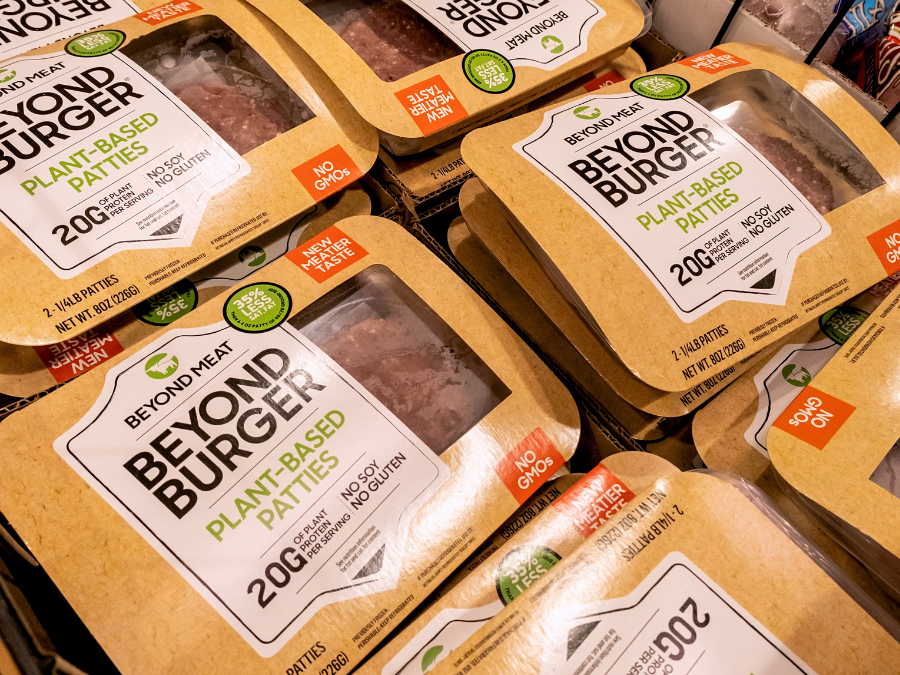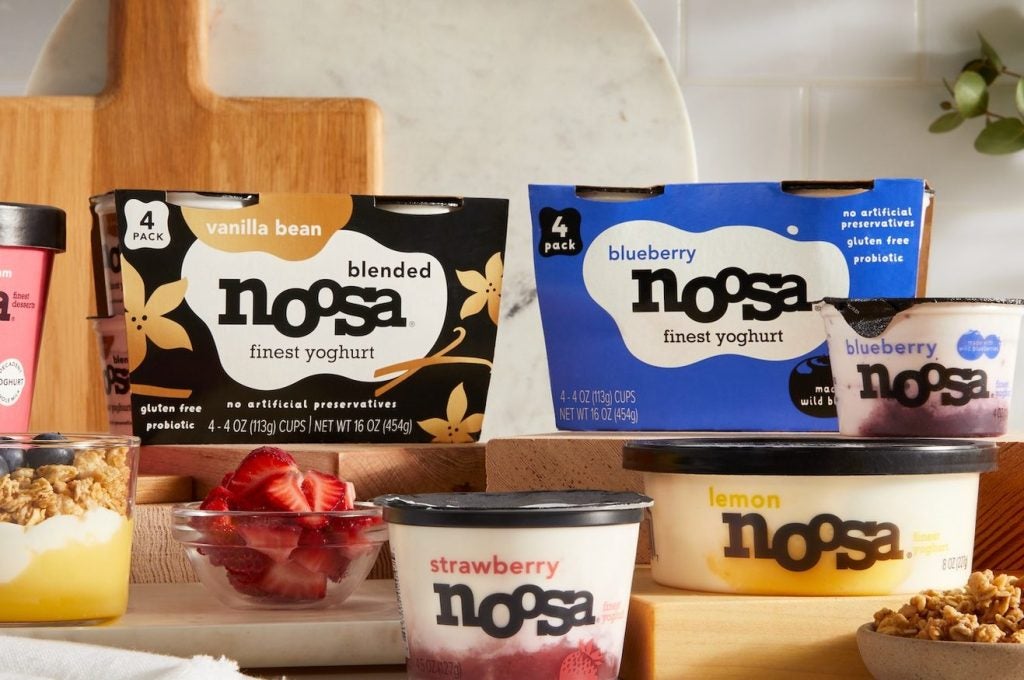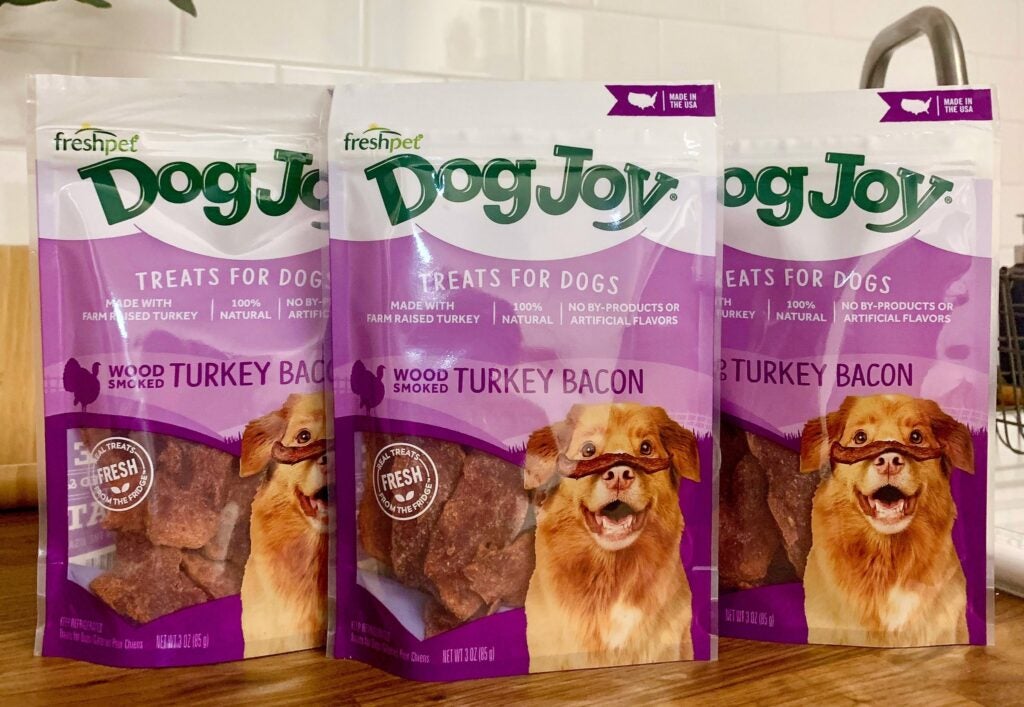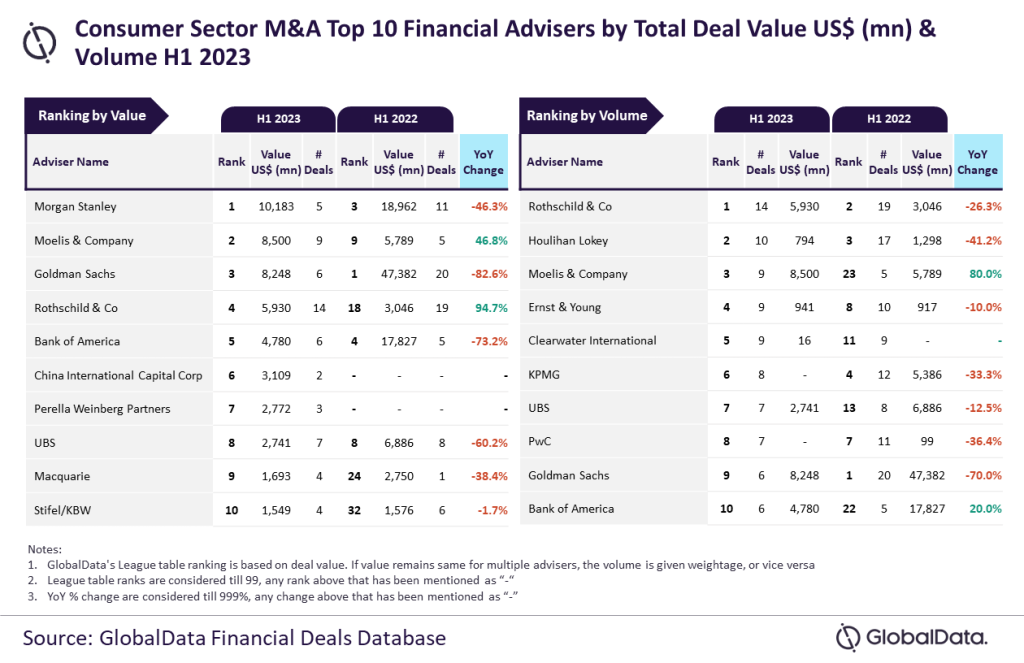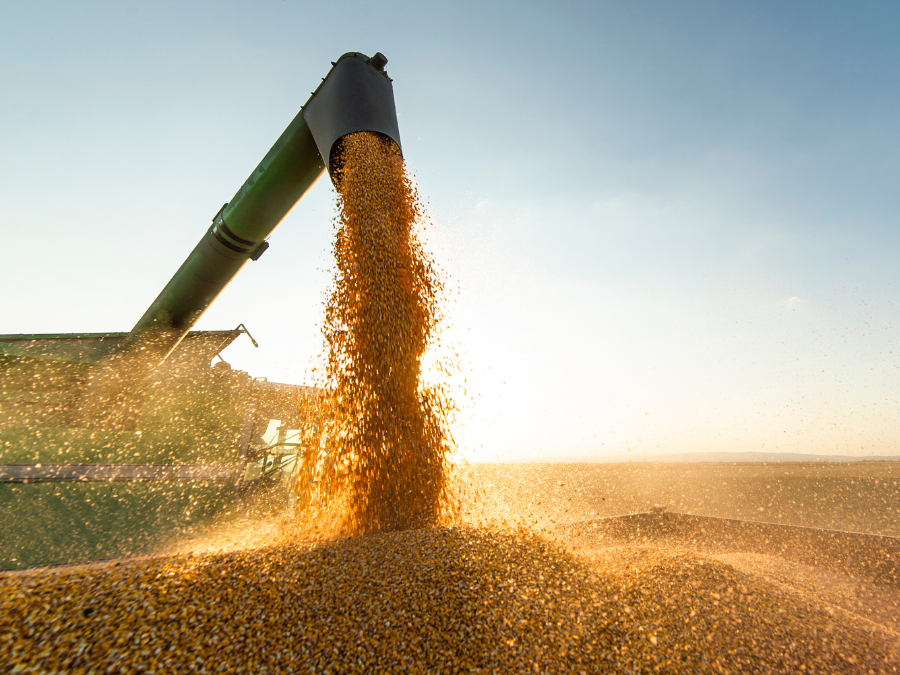Cerealto Siro Foods has reached an agreement with employee representatives that ensures the future of the company’s Venta de Baños biscuit plant in Spain.
The facility in Palencia province was earmarked for closure last year as part of Madrid-based Cerealto Siro Foods' cost-savings plans. Two of the company's plants in Spain had previously been sold to Mexican bakery giant Grupo Bimbo - one in 2021 and another in 2019.
Juan Manuel González-Serna, the founder of the indebted private-label and co-manufacturer of biscuits and cereals, sold a majority stake to Afendis Capital Management and Davidson Kempner Capital Management in 2022. The funds were said to have invested €80m ($87.7m today) for a 75% interest, including debt settlement, with González-Serna holding the remaining shares.
Cerealto Siro Foods said in a weekend statement that it reached an agreement with the approximately 200 workers at the Venta de Baños site on Friday (4 August).
“This agreement includes an investment plan, which will take shape in the coming months and will entail progressive improvements to the factory's facilities and machinery,” the company said.
However, Spanish media reports suggested the deal voted for by workers includes a 5% cut in salaries and redundancies among staff, conditions not mentioned by Cerealto Siro Foods in its statement.
Just Food has asked the company for confirmation and comment, and also for more details on the planned investment at the Venta de Baños factory. Last summer, Cerealto Siro Foods had pledged to keep the facility open for at least two years.
Cerealto Siro Foods, set up in 1991, also has plant operations in Portugal, Italy, Mexico and the UK, with a global workforce of around 3,000. As well as biscuits and cereals, it makes snacks and pasta.
A new CEO was appointed in April in the form of Bosco Fonts, a former Danone and United Biscuits executive, to replace Rut Aranda. At the time, Cerealto Siro Foods said it planned to invest more than €40m over the next three years in manufacturing capacity and innovation.
The Spanish government was forced to step in last year amid plant-wide disputes with workers who had rejected the company’s cost-savings “competitiveness plan”, which included a pay freeze. As a result, some of the company’s factories were forced to close temporarily.
In June last year, the country’s Ministry of Industry, Commerce and Tourism said it had brokered a deal worth €100m in investment cash that would guarantee the future employment of Cerealto Siro Foods’ workers.




